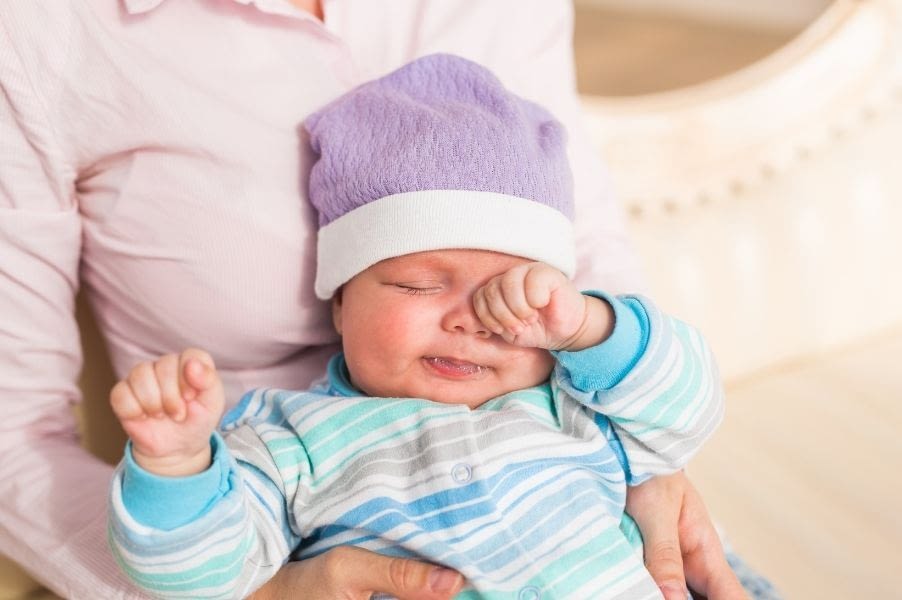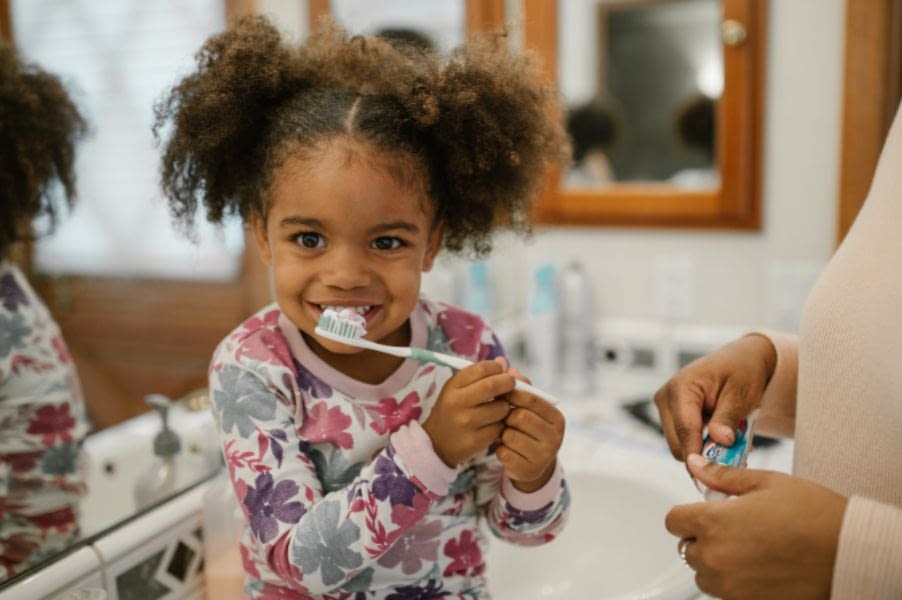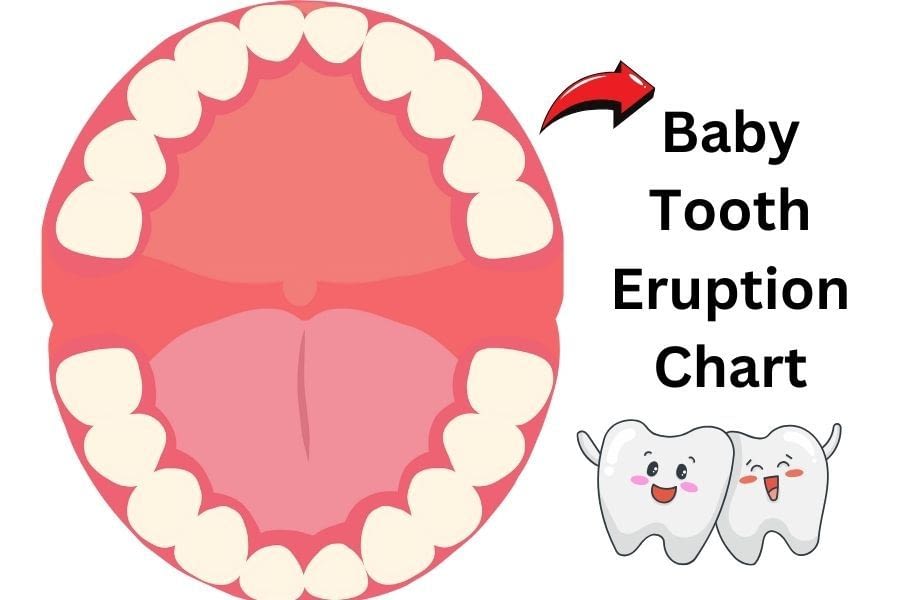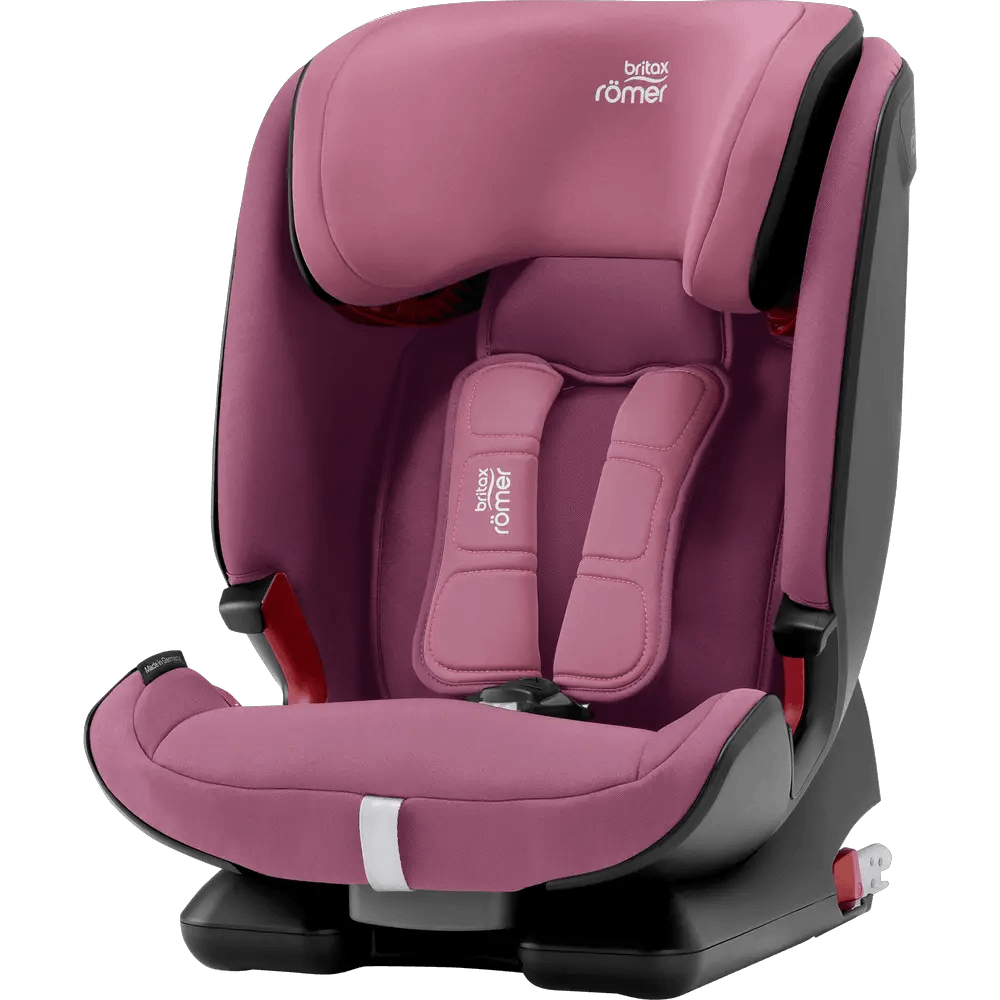Embarking on the journey of parenthood is one of life’s most profound experiences. Life takes on a whole new meaning when you hold your newborn in your arms. As a first-time parent, it’s normal to worry about your baby’s health and behavior, and every sniffle or unusual gesture can make your heart skip a beat. Understanding your baby’s cues helps build a foundation for effective parenting. This guide will help demystify common baby behaviors such as baby aggressively rubbing face into shoulder, health issues, and developmental milestones, providing valuable tips to navigate your baby’s first year.
Understanding Baby’s Body Language
Babies communicate long before they can say their first words. They use a range of gestures, expressions, and physical movements to express their needs. Interpreting these cues can be a game-changer in understanding your baby’s needs.
- Hunger Cues: Early signs of hunger include lip-smacking, rooting (turning their head towards anything that strokes their cheek or mouth), and putting their hands in their mouths. Crying is a late hunger cue.
- Tiredness Signs: Rubbing eyes, yawning, fussing, and staring blankly indicate that your little one needs a nap.
- Discomfort Signals: If your baby is uncomfortable, they might pull their legs towards their belly, clench their fists, or become squirmy. A baby rubbing their face aggressively into your shoulder could signify tiredness, discomfort, or even teething.
Understanding these signals also helps me respond promptly when my baby aggressively rubbing face on my chest to make them feel safe and secure.
Common Health Issues in Babies
Newborns are susceptible to various health issues, but many are common and treatable. Having basic knowledge about these conditions can keep unnecessary worries at bay.
- Colic: Characterized by intense, often fluctuating crying episodes. It’s usually harmless and improves over time.
- Diaper Rash: Caused by dampness, skin sensitivity, and chafing. Regular diaper changes and mild creams usually do the trick.
- Infant Jaundice: Common in newborns, it causes a yellow tint in a baby’s skin and eyes due to high bilirubin levels. “It usually gets better on its own within a few weeks.”
- Common Cold: Symptoms include congestion, runny nose, sneezing, coughing, and mild fever. If symptoms persist or worsen, consult a pediatrician.
- Teething: Usually starts around six months of age and can cause fussiness, drooling, and the urge to chew on hard things.
Baby’s Developmental Stages
Understanding developmental stages helps manage your expectations and prepare for the changes ahead. Here’s an overview of what to expect in the first year.
4-6 Months: Babies start rolling over, recognizing familiar faces, responding to emotions, and reaching for objects.
6-9 Months: Sitting without support, responding to their names, understanding the word “no,” and transferring objects from one hand to another are everyday achievements.
9-12 Months: Babies might start crawling, standing with support, babbling, and pointing at things.
Remember, these are general guidelines, and every child develops independently. Don’t fret if your baby hasn’t hit a particular milestone at the “expected” time. However, consult your pediatrician if you have concerns about your child’s development.

Understanding why baby aggressively rubbing face into shoulder
Babies often exhibit various behaviors that are perplexing to new parents, one of which is face rubbing. This commonplace activity can be attributed to a few factors.
Possible Reasons for Face Rubbing in Babies
Self-Soothing
One of the primary reasons that babies rub their faces is self-soothing. This act resembles adults’ behaviors, such as reading a book or listening to soothing music before sleep. Babies, especially those tired or trying to drift off to sleep, may rub their faces to help them achieve a calm state.
Discomfort
Babies might also rub their faces due to some form of discomfort. This could be an itch, dryness, or irritation on their face. In some cases, teething pain might result in babies rubbing their faces.
Body Exploration
As babies grow, they learn about their bodies. Face rubbing can be a part of this exploration process. Through touch, babies understand different body parts, including their faces.
When to Seek Medical Attention
In most cases, face rubbing is a harmless behavior in babies. However, if you notice the face rubbing is excessive, causing redness or irritation, it may be advisable to consult a pediatrician. This will help rule out any possible underlying issues.
Why Do Babies Grab Your Face While Going to Sleep?
Babies often grab faces due to curiosity, comfort, and communication. As they grow and develop, they learn to interact with the world around them and understand human emotions, and faces are a fascinating source of information.
Grabbing your face while they’re going to sleep could be a comforting gesture, as your face is a source of familiarity and security for them. Touch is one of babies’ first senses, and they use it to explore their environment, including your face. It’s also a way for them to communicate their needs and emotions.
If your baby is grabbing your face while going to sleep, it may be their way of saying they want your attention, need reassurance, or enjoy the tactile sensation. However, if this behavior is causing discomfort or you have concerns, it’s always a good idea to discuss it with a pediatrician.
How to Stop Baby Rubbing Face at Night?
If your baby is rubbing their face at night, it could be disrupting their sleep, causing potential discomfort, or even leading to scratches. Here are some strategies to minimize this behavior:
Establish a Comforting Bedtime Routine
A consistent bedtime routine can signal your baby that it’s time to sleep, reducing their need for self-soothing behaviors such as face rubbing. Your training could include a warm bath, a calm storytime, or a soothing lullaby.
Offer a Suitable Alternative
Providing a safe alternative for self-soothing, such as a soft, baby-friendly stuffed animal or a pacifier, can help. Ensure that any items placed in the crib comply with safe sleep guidelines.
Check for Sources of Discomfort
If your baby is rubbing their face due to discomfort, try to identify and address the source. Ensure their bedroom isn’t too dry, which might cause skin irritation, and check for signs of allergies, such as a runny nose or red eyes. A gentle, fragrance-free moisturizer might help if dry skin is the problem.
Maintain Trimmed Nails
Keeping your baby’s nails trimmed can help prevent any scratches from face rubbing. It’s best to do this when the baby is asleep to avoid sudden movements. These strategies can help reduce your baby’s need to rub their face at night, leading to more restful sleep for you and your little one.

When to be concerned about a baby aggressively rubbing face with hands
While face rubbing is an expected behavior in babies and is usually harmless, parents should be concerned if the baby rubbing the face on chest or shoulder. This might indicate discomfort or distress.
If your baby rubs face a lot or consistently against their shoulder, it could be due to teething, where the pressure from rubbing may alleviate some gum discomfort. Other reasons could include ear infection, especially if the baby is pulling at their ear, or potential skin issues such as eczema or allergy-causing itching.
It’s also important to note that if the newborn’s behavior is accompanied by other symptoms like fussiness, fever, changes in feeding or sleeping patterns, or an evident rash, it’s advisable to consult a pediatrician promptly.
Always trust your instincts as a parent; if your baby’s behavior concerns you or the aggressive face rubbing persists, don’t hesitate to seek medical advice. A healthcare professional can reassure and address any underlying issues to ensure your baby’s comfort and well-being.
Tips for First-Time Parents
Navigating parenthood for the first time can be overwhelming. Here are some tips to help you on this beautiful journey.
- Creating a Safe Environment: Baby-proof your house, securing corners, outlets, and cabinets. Also, keep small objects out of reach to prevent choking hazards.
- Establishing Routines: Consistent meals, baths, and bedtime routines can create a sense of security and make your life easier.
- Bonding and Communication: Skin-to-skin contact, cuddling, and talking to your baby can strengthen your bond and boost their cognitive development.
- Trust Your Instincts: You know your baby better than anyone else. If something feels off, it probably is. Don’t hesitate to seek medical help if needed.
Conclusion: Why do babies rub their face on you?
Becoming a parent is an incredible journey of love, learning, and growth. You’ll become more attuned to your baby and their needs each day. Understanding your baby’s health, behavior, and developmental stages is crucial, but remember, no guide can substitute for your intuition as a parent. Observe, learn, and trust yourself. You’re doing a great job and exactly what your baby needs!
Parents Also Ask
Why is my baby rubbing face on chest after feeding?
A baby rubbing their face on their chest after feeding can signify a few things. It could be a self-soothing behavior, a response to the feeling of fullness, or an attempt to relieve discomfort from gas or reflux.
Why do babies rub their face on you?
Babies often rub their faces on you for interaction and comfort. Your scent and presence provide a sense of security, and this behavior can also be a way for them to express affection. However, if the behavior is persistent or accompanied by discomfort, it could indicate a potential issue such as teething or skin irritation.
1 Visit today





